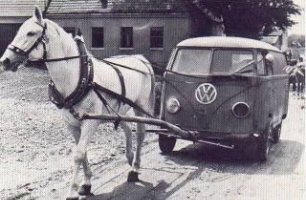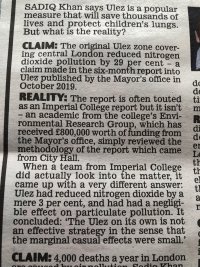Amarillo
Tom
Super Poster
VIP Member
That's true, but how is that relevant to my post #7, which you quoted?
That post was my comment on the proposed "Introduction of Vehicle Excise Duty for zero emission cars, vans and motorcycles from 2025".
However, referring to your response, Yes change will happen, it always has. EVs have an important part to play but they aren't the panacea to all our current woes, which is the road we are all currently being funneled down.
===
Swapping to EV use for environmental reasons is one contentious thing but anyone who thought they were onto a long term financial winner by switching to an EV was/is deluded.
===
A similar argument might have been used in the early 1900s to discourage the switch from horse to ICE.




















